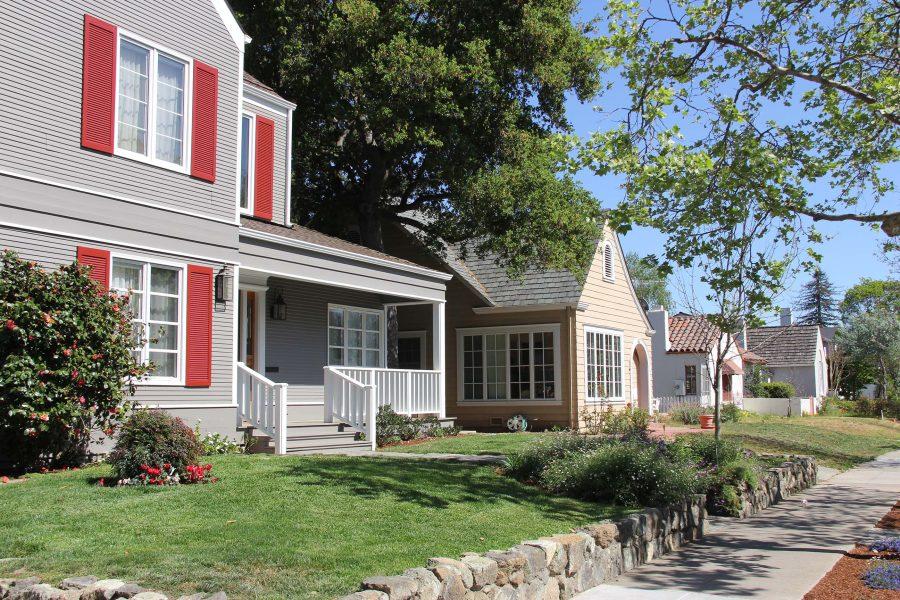Council discusses change in rental zones
New rental home zoning regulations debated by City Council
The Palo Alto City Council held a meeting with local residents to discuss the possibility of adjusting local zoning regulations to address regulation of short-term rentals on homes on March 9, 2015.
This discussion followed a meeting on Dec. 15, 2014 where Palo Alto Council members were urged to address the impact the short term rental of homes had on the community.
These issues included the increase of traffic in the area, concerns about safety and the loss of tax revenue from permanent householders.
The impacts of short-term rentals are not confined solely to Palo Alto, as many communities across the region and the nation have been faced with the same dilemmas.
The Palo Alto Council staff has provided two different solutions to the problem — one imitating the San Francisco City Council and the other a similar approach to the one adopted by the San Luis Obispo City Council.
The San Francisco City Council approach involves protecting the existing housing stock and maintaining affordable housing throughout the area, while the San Luis Obispo approach involves protecting and maintaining the existing housing and living standards.
Both require a prospective short-term owner to get a business license and register for the Transient Occupancy Tax (TOT) program.
Enforcement generally consists of making sure the required tax is paid and not ignored as well as making sure there are no violations of the administrative permit.
Regulation of short-term rentals in both policies takes around eight to nine months, assuming the council prioritizes regulation above any other zoning issues at present.
Current zoning regulations state that a residency cannot take up more than 25 percent or 500 feet of the gross area of a house and must not cause any substantive increase in traffic that would be uncommon for the household. These ‘residencies’ are defined as lasting less than a month, and the local government will collect TOT if this is the case.
To deal with enforcement of the TOT, Palo Alto currently has two enforcement officers working on allocating resources to each zone. Response to infringement will usually vary per zone as the enforcement of the rental regulations is heavily reliant on resources.
This reliance is partly due to the aforementioned resource-reliance that Palo Alto’s enforcement generally operates on a voluntary basis.
Where local residents will complain to the council in various ways either through the city’s website or through the city council’s 311 structure.
Usually residents will report unlawful rental occupancy if they see an increase in traffic to and from the house in question. After which, staff will then proceed to investigate the house.
If a resident has failed to comply with regulations, the staff will seek voluntary compliance, but if the resident refuses to do so, further steps will be taken to ensure the enforcement of the residential code.
Due to the amount of short-term rentals in Palo Alto, large-scale short-term rentals involving whole houses or apartment complexes have been given priority over smaller scale listings.
Although little action has been taken taken so far, the council will still provide guidance to local community members and may institute greater regulation in the near future.
Your donation will support the student journalists of Palo Alto High School's newspaper

